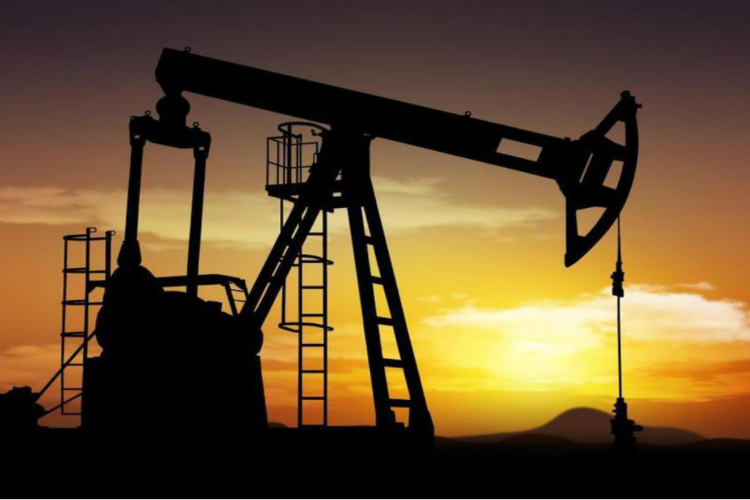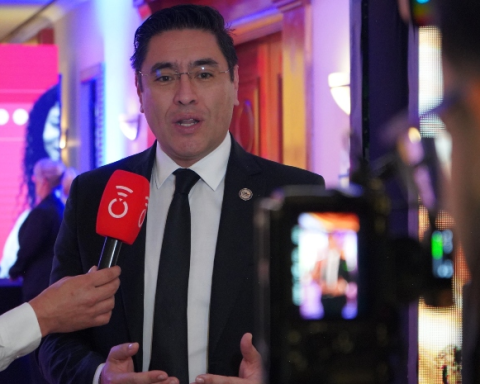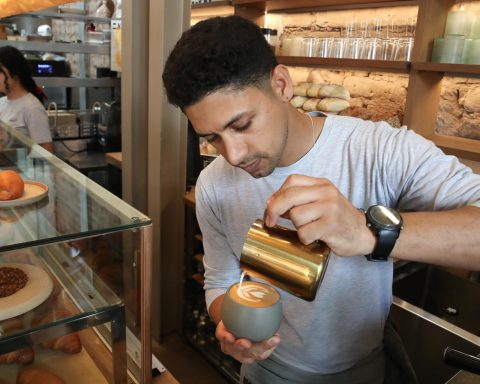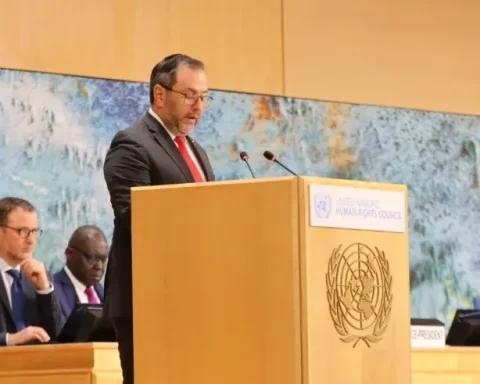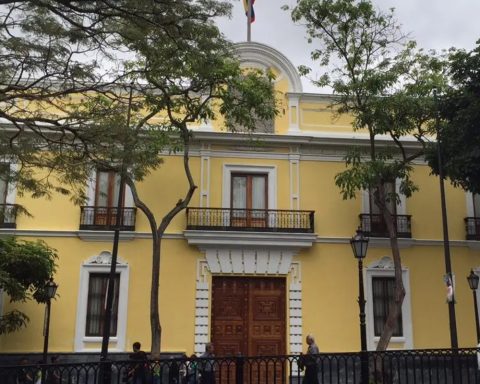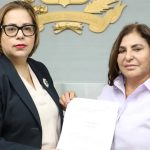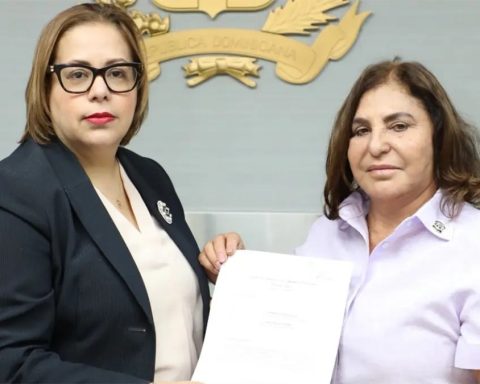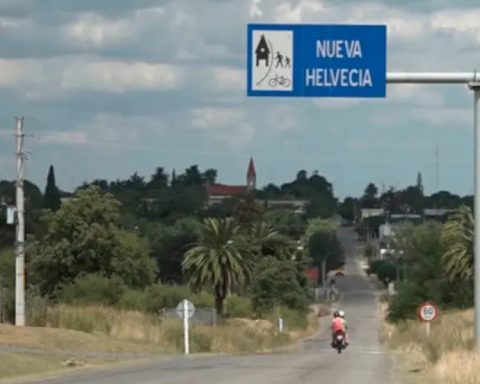After the statements by former US President Donald Trump, in which he expressed the claim of US imperialism to steal oil from Venezuela, the real objective of his government with respect to the South American country is evident.
In that sense, the Trump government’s sanctions are part of the weapons used to achieve the criminal objective of taking over Venezuelan oil, instead of the supposed fight for democracy so vaunted by Washington.
In this regard, the deputy to the National Assembly and member of the Permanent Defense and Security Commission, William Fariñas, affirmed that “the sanctions are nothing more than a gimmick, and considering Venezuela as an unusual and extraordinary threat is also part of that rigging This has to do with Exxon Mobil and I think they put some mango shells on us there on the Atlantic coast to see if we would get the ship of that oil drilling company out of the area. Remember that when Donald Trump became president, his first chancellor was Rex Tillerson, who was head of Exxon Mobil. You can see the seam on all sides of this, ”he concluded.
of the robbery continued
The history of the plunder of Venezuelan oil is long-standing, since the exploitation of crude oil began in the country at the beginning of the 20th century, when foreign companies began to exploit Venezuela’s oil resources without the Venezuelan State receiving fair compensation. .
The situation worsened in the 1920s when the Standard Oil Company of New York, founded by John D Rockefeller in 1870, known today as Exxon Mobil, seized most of Venezuela’s oil reserves and maintained control of industry for several decades.
This company, Standard Oil, became the largest oil refiner in the world and one of the first and largest multinational corporations on the planet.
Due to the monopoly that it maintained over crude oil in the world, it was divided into 34 independent companies; two of these companies were the Standard Oil Company of New Jersey, which eventually became Exxon, and the Standard Oil Company of New York, which years later became Mobil. Subsequently, in 1999, both companies merged to give rise to the current Exxon Mobil, the largest private oil company in the world.
These companies always declared to the Venezuelan State only a small fraction of the oil they extracted in order to reduce the already reduced taxes that by law corresponded to the nation.
In 1950, the Creole Petroleum Corporation, a subsidiary in Venezuela of the Standard Oil Company of New Jersey, in belated compliance with the provisions of the 1943 Petroleum Reform, began to process crude oil in a refinery that it built in Amuay, state of Falcon. There it only took a tiny portion of the crude that was extracted in the country, 60,000 barrels per day, less than half of the minimum amount established as an obligation of the concessionaires.
nationalization
The praised entry into force of the Oil Nationalization Law on January 1, 1976, in full government of Carlos Andrés Pérez, who supposedly reserved “control” of the hydrocarbon industry for the Venezuelan State, was an operation that did not it reached its end, but its application did force the Republic to indemnify transnational companies in the country with billions of dollars.
Venezuela disbursed large sums of money to transnational oil companies despite the fact that the facilities returned to the country had been out of date for more than a decade.
Likewise, no company was penalized for not injecting gas into the wells as a routine procedure, which caused serious problems in the extraction of crude oil.
Millions of dollars were also canceled for the delivery of completely outdated plans and operating manuals.
Unnecessary service contracts were awarded and, as if this were not delicate, it was allowed to retain for itself the international marketing of crude oil and refined products, the most lucrative activity in the oil business.
Despite the creation of Petróleos de Venezuela (PDVSA) in 1975, attempts by transnational corporations to gain access to oil and other natural resources in Venezuela still persist.
Guyana and Exxon Mobil
The tentacles of the American empire never rest in their desire to obtain energy no matter how.
In the Venezuelan territory of the Essequibo, US corporations brazenly steal the country’s oil, in open violation of international law and national sovereignty.
“We should be suing ExxonMobil for exploiting oil on our Atlantic coast. What the government of Guyana intends to do by putting that oil company in that area, almost on the marine limit that we have with Trinidad, is outrageous from the point of view of the delimitations of our marine waters and our Atlantic platform. And well, Donald Trump’s recent statement makes it clear that they were not interested in democracy, they were not interested in human rights, that this was simply a facade, that their fundamental objective was to get their hands on Venezuelan crude with the combo of a small group of stateless people”. said the deputy to the National Assembly and member of the Energy and Petroleum Commission, William Rodríguez, and also considers that “today the exercise of international law is very sad, due to the manipulations that they do of it.”
The enigma of the murder of Delgado Chalbaud
History has given an account of striking facts related to oil transnationals.
Hugo Chávez once narrated about the death of former president Carlos Delgado Chalbaud, that it was not Pérez Jiménez who ordered the assassination of the nationalist soldier, but that “the first oil delegation that left Venezuela for Tehran was sent by Delgado Chalbaud, to meet with Mosadeh, that Iranian leader who was also overthrown by the CIA, who wanted to get Iran’s oil back for the Iranians.
The hand of the Yankee empire, I have no doubt, was behind the murder of Carlos Delgado Chalbaud”.
Chalbaud ordered the translation of the Organic Hydrocarbons Law into Farsi (Persian), which allowed the Iranian revolutionary government to nationalize oil reserves in 1951, affecting US interests.

